Business
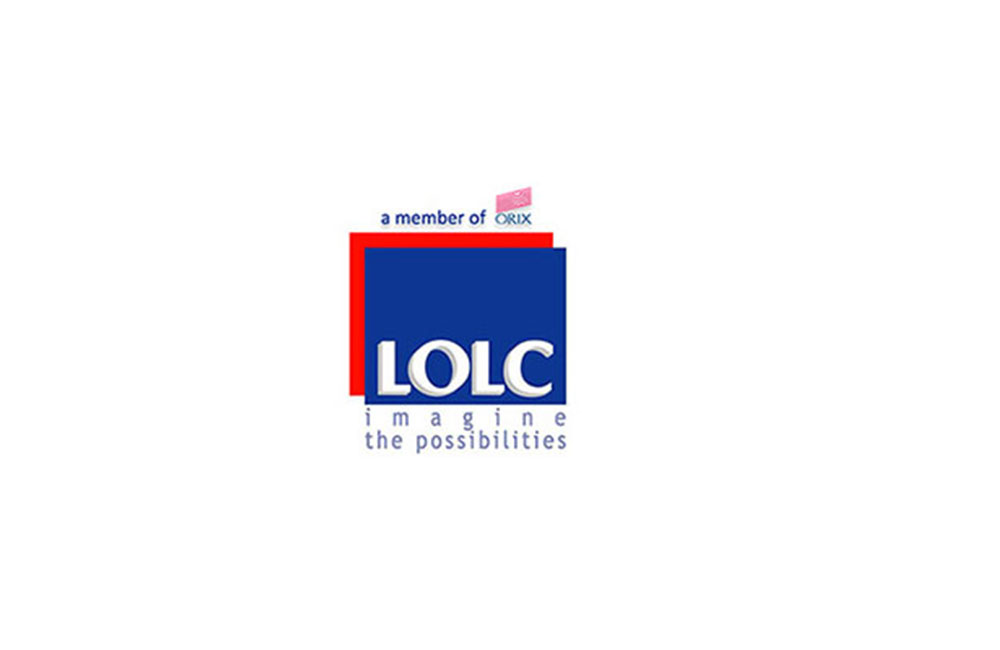
LOLC strengthens presence in the Asian market
LOLC, one of the largest and most diversified conglomerates in the country is now strengthening its presence in the growing Asian market with the continuing of operations in Myanmar , Cambodia , Pakistan , Indonesia and the Philippines .
The company also explores the possibility of launching its operations in India and Zambia while using strong fundamentals to enter into several other regional financial service markets.
Lanka Orix Leasing Company PLC (LOLC) has changed its name to LOLC Holdings PLC recently with the exit of Japan's Orix Corporation in March 2018 after almost four decades.
It has diversified its portfolio from financial services and non-financial services to leisure, plantations, agri-inputs, renewable energy, construction as well as manufacturing and trading at present.
In line with the Group's diversification strategy, the company will open 160 roomed super five star hotel in Kosgoda in March next year in a tie up with Sheraton Group making a significant value addition to Sri Lanka’s leisure sector.
The Group is actively engaged in the construction sector through the Sierra Group, Trading and Manufacturing through the Browns Group and Asia Siyaka, Agriculture and Plantation through Maturata, Pussellawa, Gal-Oya and Agstar Fertilizers and the renewable energy sector through United Dendro and Hydropower Free Lanka.
With a 63% increase in Group revenue reaching Rs. 150Bn, LOLC has evolved to become the Number 1 Financial Conglomerate in Sri Lanka in the recently released LMD 100 rankings. Having launched its operations in 1980 as a company with a sharp eye on the future and the ability of reading the times with accuracy, LOLC opened its doors to provide what was then Sri Lanka 's pioneer portfolio of leasing solutions to an eager market.
After 38 years, LOLC has rapidly evolved into being the country’s biggest non-banking financial institution and one of the biggest and most diversified conglomerates in the country.
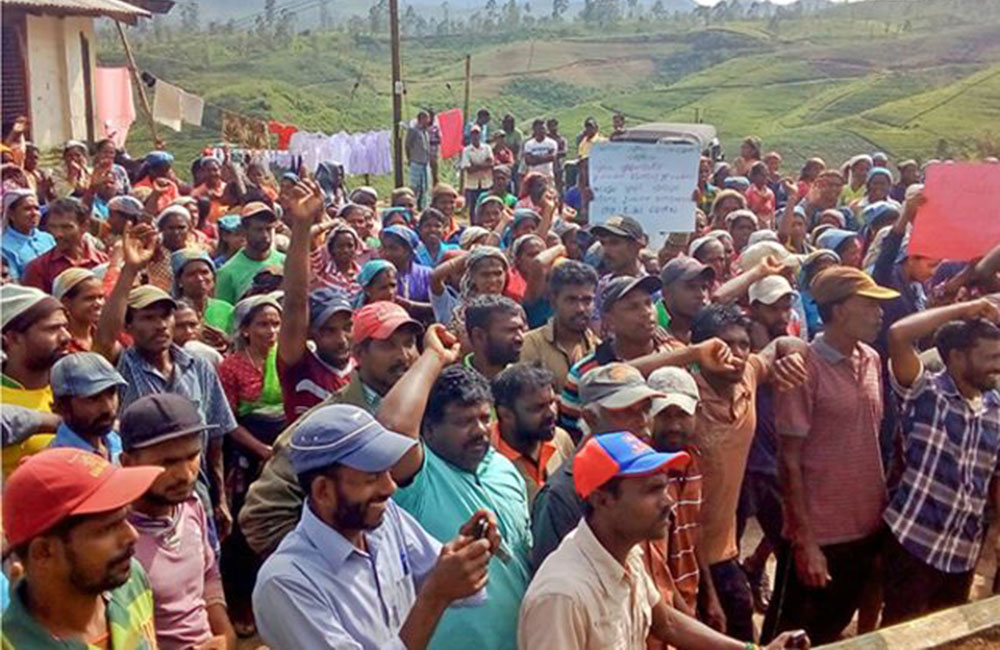
Political crisis continue to hurt Sri Lankan tourism industry
The month of December usually marks the beginning of tourism season in Sri Lanka. Visitors come to the Indian Ocean island nation to enjoy its beaches, historic places, interesting nature and tasty food.
Tourism represents about 5 percent of the country’s USD 87-billion economy.
But Sri Lanka’s current political environment is keeping visitors away. Observers are worried about the possible economic effects.
In late October, Sri Lankan President Maithripala Sirisena dismissed the country’s prime minister and appointed a new government. The move came as a surprise.
Mahinda Rajapaksa, who replaced Ranil Wickremesinghe as prime minister, lacks a parliamentary majority. After two no-confidence motions against Rajapaksa were passed in parliament, the Court of Appeal issued a stay order against Rajapaksa from assuming office.
High season for travelers to Sri Lanka usually runs from December to March. Most visitors come from Europe, India and China. But many trips are being canceled, especially among Europeans. The Reuters news agency received that information from someone at the national Sri Lankan airlines. The person asked not to be identified.
The person told Reuters that, “The crisis started just when tourists take a decision where to go...It has discouraged many of them.”
Chandra Mohotti is manager of the high-end Galle Face Hotel in the Sri Lankan capital of Colombo. She said that 20 percent of planned visits to the area have been canceled. She said that normally, the 200-room hotel would be filled at this time of year. But instead, the hotel has been forced to offer low-cost rates to appeal to tourists.
The crisis has also affected business travel. Sanath Ukwatte, president of the Hotels Association of Sri Lanka, said some companies have chosen to move their planned events to Singapore, Indonesia and other places in Southeast Asia.
Harith Perera is president of the Sri Lanka Association of Inbound Tour Operators. He said if the current situation continues, the economic effects “will be significant.”
More than 2.1 million people visited Sri Lanka in 2017, tourism officials say.

Pine Capital signs MOU to develop land in Sri Lanka
Financial services firm Pine Capital Group has signed a memorandum of understanding (MOU) with the Provincial Council of the Eastern Province of Sri Lanka to invest in and develop an extent of land in Eastern Province, Sri Lanka.
Pine Capital said it envisions an integrated hospitality and lifestyle township comprising luxury resorts, hotels, serviced apartments, an international fashion design institute and a convention centre to cater for fashion and lifestyle events.
The total investment amount in the project, called Project Beacon, is conservatively expected to be at least US$3 billion.
Pine Capital said in a Singapore Exchange filing: "The board considers that the MOU, in line with the group's business strategy, expansion plan and diversification of its core business to include project management, will offer a good opportunity for the group to broaden its business, revenue base and generate direct cash flow to the company in the future."
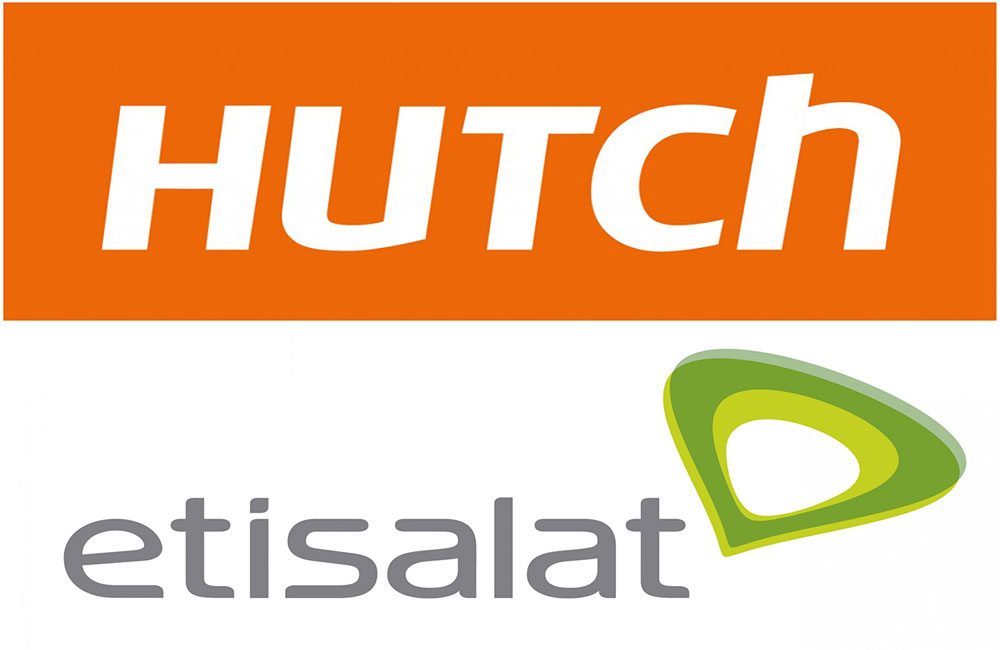
Hutchison acquires Etisalat's Sri Lanka operations
CK Hutchison has closed its purchase of Etisalat’s Sri Lankan unit, which will see the UAE-based group exit the market, in line with its goal of streamlining its portfolio.
The deal was first made public in April this year, and has cleared the necessary regulatory hurdles for an outright acquisition.
Under the terms of the agreement, Etisalat will receive a 15% holding in Hutch Lanka, CK Hutchison’s local unit.
The parent firm intends to combine Etisalat’s operation with Hutch Lanka, bringing together Sri Lanka’s third and fourth-placed operators to compete more effectively against the market leader Dialog Axiata. The unit would have a market share of around 24%.
The takeover would see the market reduced to four from five mobile operators now which includes Dialog, Mobitel and Airtel.
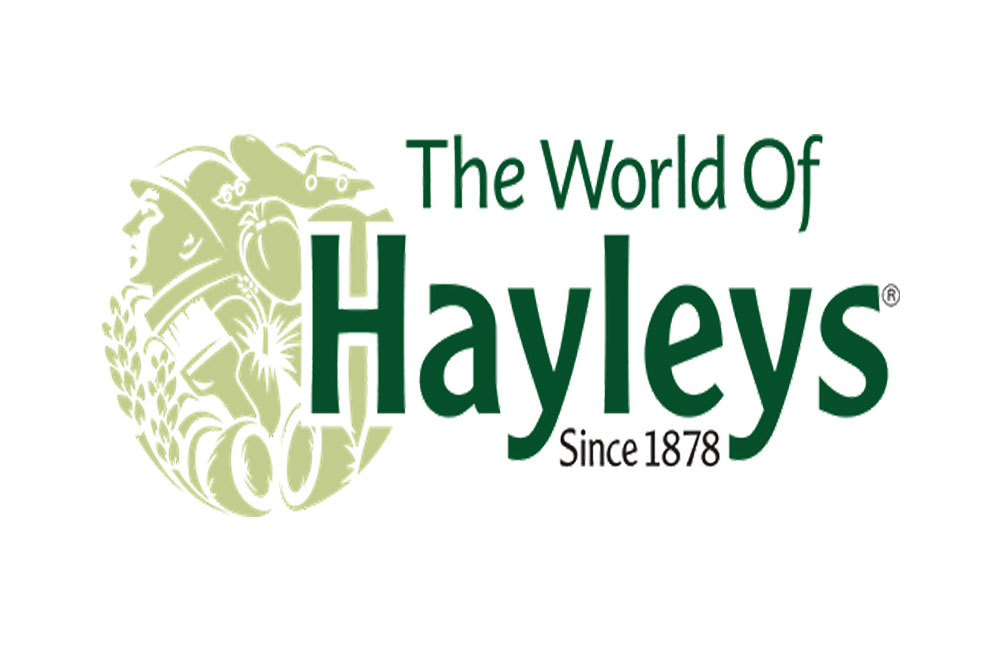
Hayleys Group ranked No. 1 in LMD Top 20
Hayleys PLC, maintained its position at the forefront of Sri Lanka’s corporate sector by becoming No.1 in the 25th edition of the LMD Top 20 for the second consecutive year.
The announcement of the LMD Top 20 was made at a time when Hayleys is celebrating 140 years of innovation and business excellence in Sri Lanka. This year’s ranking also amounts to the fourth occasion that Hayleys has occupied the prime position in Sri Lanka’s version of the Fortune 500.
Over the course of the last financial year Hayleys became the first listed company in Sri Lanka to achieve US$ 1 billion turnover, representing a 47% Year-on-Year (YoY) improvement whilst the group’s extensive range of exports accounts for 3.3% of the nation’s total export earnings.
Hayleys PLC’s top ranking in this year’s LMD Top 20 is the latest in a long series of prestigious accolades to the group, which was once again declared among LMD’s Top 3
Most Respected Corporates in Sri Lanka, in addition to securing a place in the inaugural Top 10 Most Admired Companies in Sri Lanka by the International Chamber of Commerce, Sri Lanka (ICCSL) and the Chartered Institute of Management Accountants (CIMA) Sri Lanka.
Catering to over 7.6 million customers world-wide, the Hayleys Group today stands as one of Sri Lanka’s vibrant corporate entities, providing direct employment to 32,000 Sri Lankans, in addition to providing indirect employment to over 20,000 people.
Following its establishment in 1878 as a trading house for the import of valuable goods, and export of locally produced goods such as spices, coir yarn and essential oils; the group has rapidly expanded in the scope and scale of its operations. Today, Hayleys maintains a global presence across 5 continents with business interests spanning a total of 16 sectors.

OPPO R-Series to enter Sri Lanka
Smartphone series that brought a revolution - the internationally acclaimed OPPO R-Series is to enter Sri Lanka soon. OPPO R-series is perhaps one of the most influential smartphone lines in history. They kicked it off with R1 in 2014 and later spawned 10 more R-series phones in the booming smartphone market with each achieving a feat with its unbeatable features.
Being known for the industry-leading design and excellent camera experience, the R-series has made a mark for itself in this crowded smartphone market. Ever since OPPO launched the R1 in 2014, the company has strived hard to look different.
Design
The R-series phones have been amongst the first ones to bring the metallic colors and glass gradients. When the market was drowning with loads of similar looking smartphones in silver, gold and rose gold, OPPO launched the R9 in beautiful Metallic Red back in 2016. They followed it up with the special FC Barcelona edition in Red and Blue mix. The R11 pioneered the crescent curved design that was both aesthetically pleasing and practical. The R15 introduced the beautiful Ruby Red and Cosmic Purple gradient colors.
Camera
The R-series isn’t just about the design. It has managed to bring the best of photography to mid-range smartphones. It was when OPPO launched the R-series which gave fabulous pitch-perfect pictures even in low-light that made many ditch the regular point-and-shoot cameras. The R1 came with an f/2.0 aperture lens which was a big deal back in 2013. The OPPO R11 was one of the first phones to come with dual 20MP cameras.
Felicitations
Whilst the R-series stand for REAL, REVOLUTION and REFORM and the process of regeneration OPPO has been felicitated with all big tech awards since the inception of R-series since 2015 from the ‘Most Respected Enterprise’ in 2015 to 2018's Best User Experience Award of Telecommunication.
OPPO has not been shy in trying new innovations when it comes to its R-series of smartphones. The R-series is a showcase of the company’s willingness to innovate and evolve. In many ways, it stands for OPPO itself.
Each subsequent smartphones in the R-series takes inspiration from its predecessor and then takes it to a higher level. So with its next R-series smartphone, the OPPO R17 Pro, Sri Lankan buyers can expect more of the same. This means a better design, improved performance and even better camera performance.

35 percent interest rate cap on Sri Lanka’s microfinance industry
Central Bank has introduced a maximum rate of interest for microfinance loans with the aim of protecting customers being charged exorbitant interest rates on microfinance loans granted by Licensed Finance Companies (LFCs).
LFCs should not charge a rate exceeding 35 percent per annum, inclusive of all other charges on micro finance loans, a directive issued by the country’s monetary authority under the Finance Business Act revealed recently.
Former Minister of Finance and Media Mangala Samaraweera allocated approximately LKR 1 billion to write-off microfinance loans up to LKR100,000 taken by 75,000 women in drought-affected 12 districts.
According to Samaraweera, 70-90 percent of rural population in the North, East, North West and North Central rely on micro credit, given the limited access to credit from banks, at an exorbitant interest between 40-220 percent.
"We have information that certain young women are being forced to pay debt with sexual favours. It’s a very sad, tragic and desperate situation in which the government felt it had an inherent moral duty to intervene. So, that’s why we took a historic step of writing-off debt of nearly 75,000 women at the first phase,” Samaraweera said in August.
As such, microfinance and finance companies have agreed to cap annual interest rates at 35 percent for all new loans, a senior Central Bank official said. But several CEOs of licensed finance companies noted that this directive will increase operational cost of companies due to the cut down of interest rates adding that their human resources will also need to be cut down which will negatively affect all their employees.
Capping the interest rate at 35 percent will further affect the cash flow of finance companies from small loans, which comprise a large percentage of their loan portfolio, they added.
There is an estimated LKR 140 billion of loans below LKR 100,000 from finance companies to small borrowers in all districts, not counting unregulated micro-lenders, according to finance ministry’s latest statistics.
This latest 35 percent cap on interest will compel many finance companies to stop offering small loans; rural areas will miss out billions of rupees in money circulation a year, and rural poor will be forced to turn to moneylenders who charge far more than micro finance institutions, they claimed.
They stressed that finance companies contribute a massive amount to government coffers by way of taxes and a reduction in the interest cap would also affect the tax income earned. Therefore, they said that the Central Bank should look at least capping the interest rate at 40 percent.
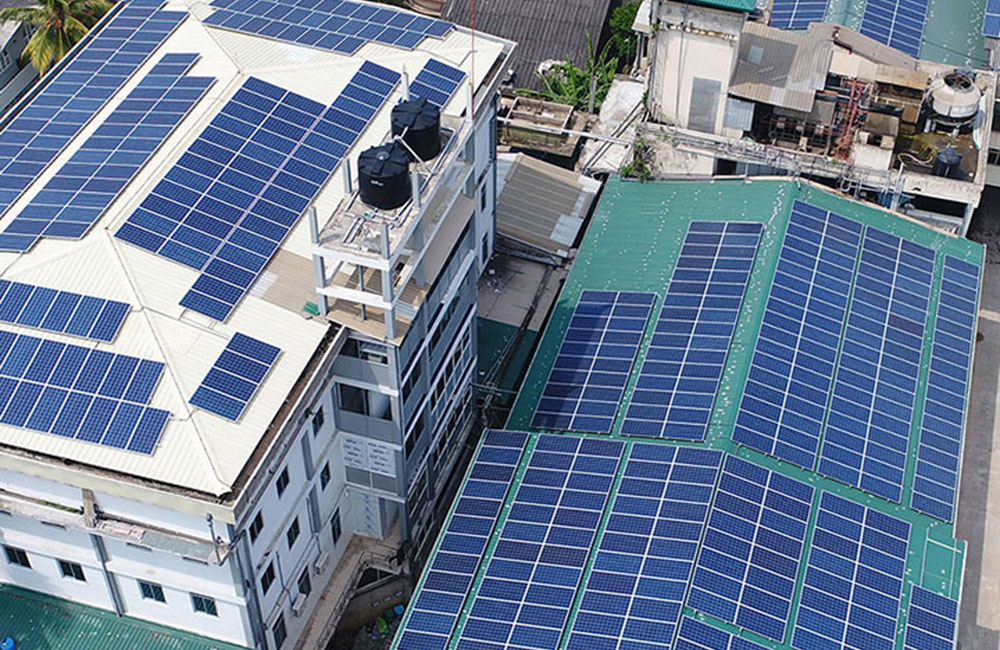
JLanka provides an all-in-one take at Solar Power with the launch of Trinahome
Sri Lankans are now able to install solar power lighting systems under one package through a new solution offered by JLanka Technologies, one of the leading solar firms in the country
This solar power solutions provider has sealed the deal with Trina Solar as their main distributor for 'Trinahome' within the Sri Lankan market.
According to company officials, JLanka Technologies has installed 3750 Solar PV systems to generate over 32MW of electricity, with the contribution of 55GWh of energy to the national grid to date .
The growth of solar power within the country affirms that Sri Lanka is well on its way to meet the country’s current and future electricity demand through the utilization of smart renewable energy and JLanka Technologies has played a major role towards this end. .
JLanka Technologies broadens their array of products when they introduced Trinahome.Solar power, in an all-inclusive package.
This package contains everything from the solar panels to the inverter, gridbox, mounting system to every nut and bolt that you will require in assembling this.
Apart from simply introducing this new product to their expanding customer-base they’ve taken the effort to learn from the group at Trina Solar and specialize in the installation of the Trinahome in homes of Sri Lankans.
Since its inception in 2010, JLanka Technologies has reinforced its presence as an impactful energy technological entity as the premier solar solutions provider in the country with a longstanding reputation for quality and unmatched service in the industry.
Trina Solar is a world leading and total solutions provider for solar energy. Founded in 1997, Trina Solar develops proprietary smart PV solutions for large power stations as well as commercial and residential solutions, energy storage systems and photovoltaic modules. 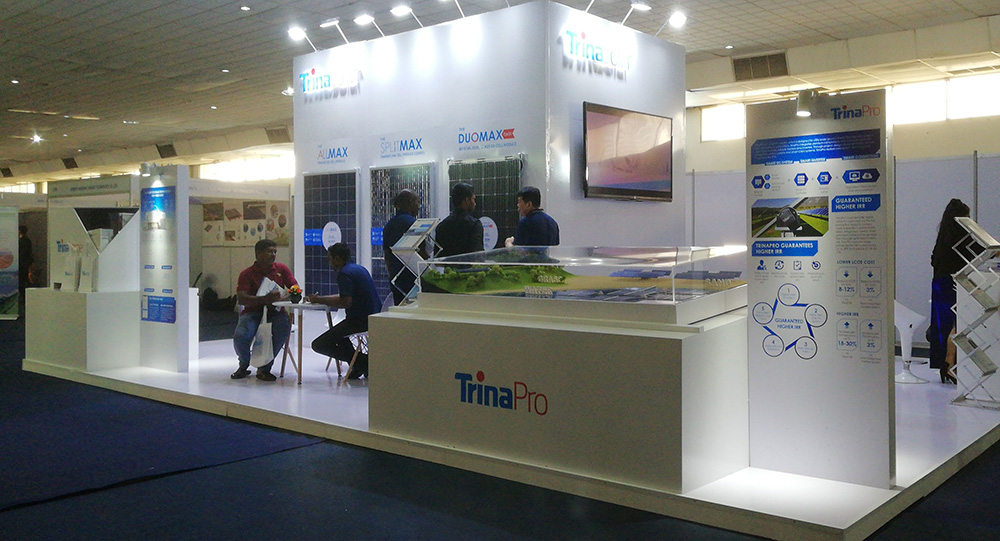
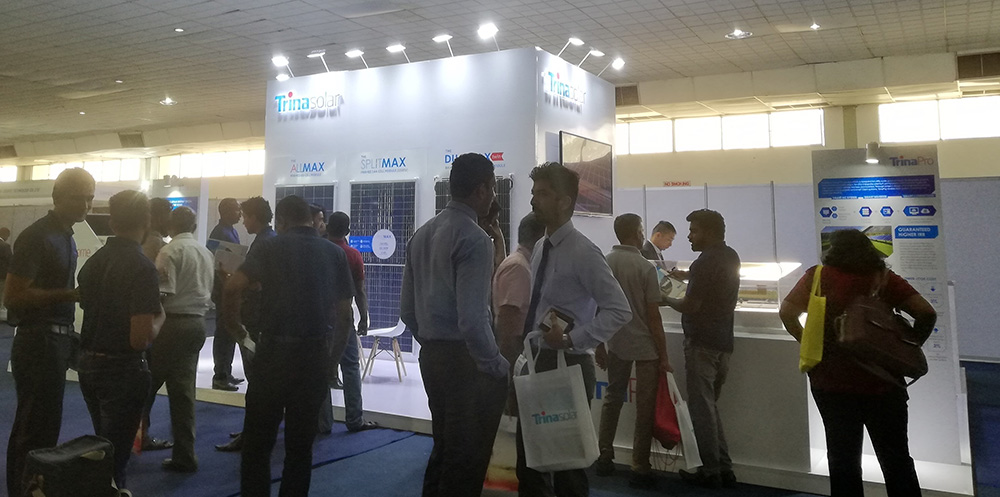
At the launch of Trinahome
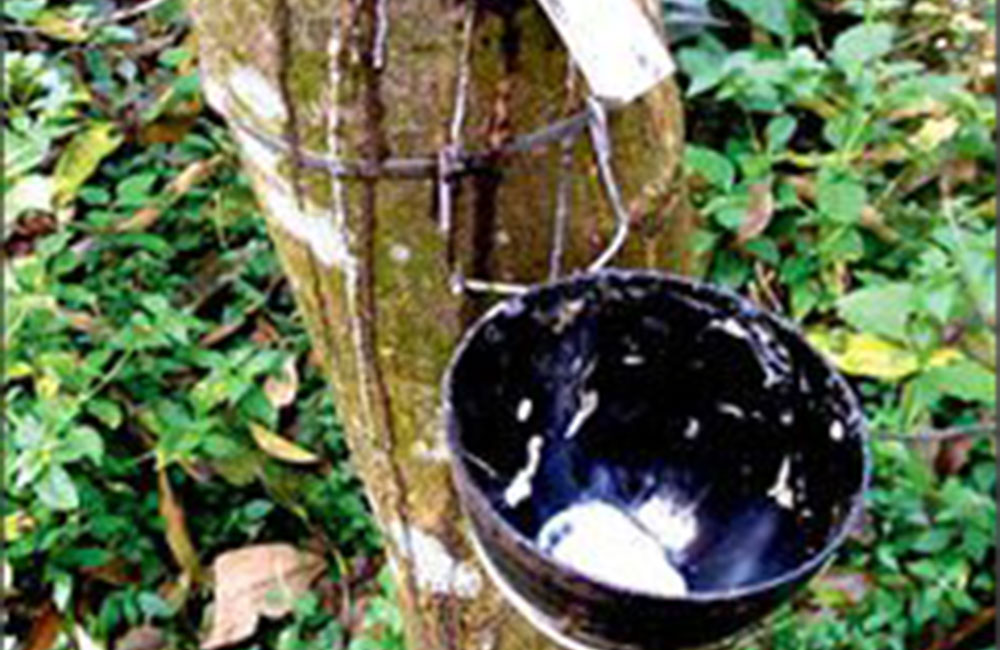
Sri Lanka’s rubber production dwindles with no budget support in 2019
Sri Lanka’s rubber production reported a decline due to lower auction prices and its exports are to be affected as a result of the current political impasse.
Production of rubber also declined considerably due to lower auction prices, the Central Bank announced pointing out it will further come down due to the present political instability in the country.
Rubber production has dropped by 3.54 percent to 67.76 million kilograms during the first ten months of this year from 70.24 million kilograms in the same period last year.
Sri Lankan manufacturers of natural rubber products have made a proposal to the government to allocate more money for rubber cultivation in its budget for 2019 to revive the dwindling production.
2019 budget prepared by the finance ministry on the directions of ousted finance minister Mangala Samaraweera was considering to make necessary financial allocation for this purpose at the time of the president’s action., informed sources said.
2019 budget prepared by the Ministry of Finance, on the directions of ousted Finance Minister Mangala Samaraweera, was considering to make the necessary financial allocation for this purpose, informed sources from the Treasury said.
However, this is unlikely to be materialized due to president Sirisena's arbitrary action to sack the legitimately elected ruling party preventing the presentation of 2019 budget.
Sri Lanka Podujana Peramuna (SLPP) Chairperson Prof. G.L Peiris yesterday acknowledged the need for the allocation of funds for next year, conceding that only the Parliament was vested with the authority to allocate public funds for government entities and reiteretated that this could not be done by the Executive.
The Sri Lanka Association of Manufacturers and Exporters of Rubber Products (SLAMERP) said rubber industry is the fourth largest export sector in the country with total sales of almost a billion dollars.
Sri Lanka’s rubber product exports stood at USD 855 million In 2017, up by about 11% from the year before.
The government should launch a programme immediately to revive the natural rubber production which had fallen to 83.1 million kilograms in 2017 from 130 million kilograms in 2013, officials said.
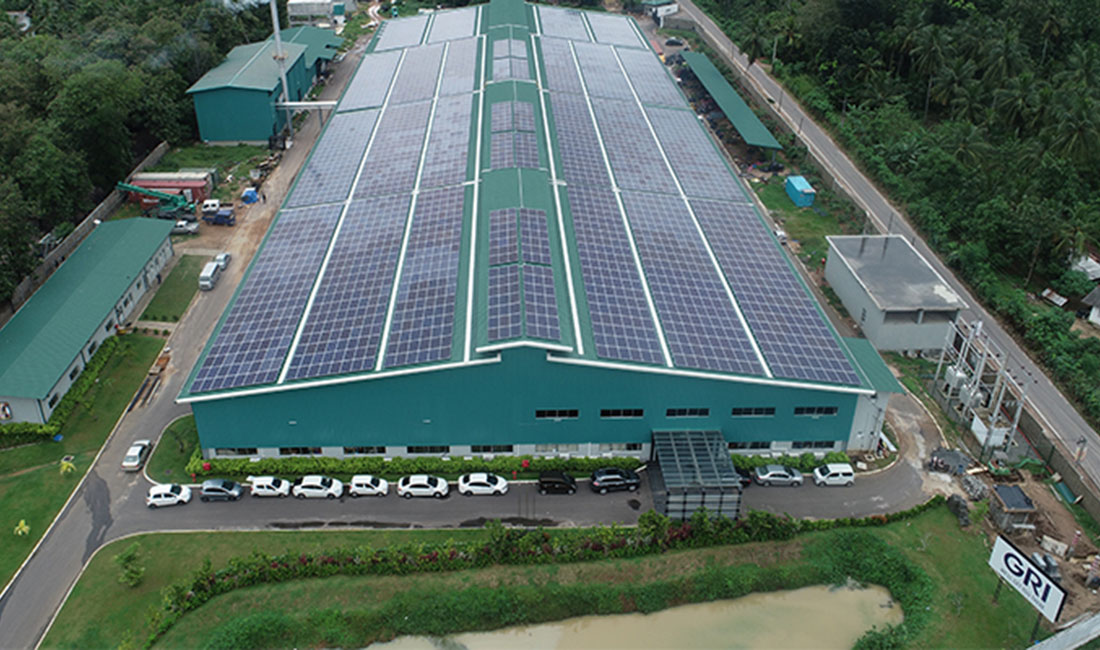
GRI goes solar at Sri Lankan plant
Global Rubber Industries (GRI), a specialty tire manufacturer headquartered in Sri Lanka, has installed what it says is one of the largest rooftop solar systems in the country at its factory in Colombo.
With a capacity of 1,200kW (1.2MW), the solar panels are expected to generate 136,557kWh of electricity per month. The panels span across a roof area of approximately 90,000 square feet and is expected to generate a monthly revenue of approximately Rs 3,000,000 (about $42,435) once it is connected to the national electricity grid under the net plus scheme.
The system will help reduce over 1,100 metric tons of carbon emissions per year, which is equivalent to more than 20,000 trees that could absorb CO2 annually, GRI says. Installing solar panels is just one step that the company has taken toward the country’s goal of sourcing 100% renewable generated electricity by 2050.
In addition to the solar power system, GRI has undertaken many other green initiatives such as a bio-mass boiler for steam generation, rainwater harvesting, tree planting, natural lighting on factory sidewalls, etc. to save energy and protect the environment.
“This plant is a testament to the spirit and values embodied by all at GRI. GRI’s values of purposeful action, relentless drive, far-sighted approach coupled with a discovery mindset are evident in every aspect of this plant.” said Prabhash Subasinghe, the company’s managing director.
With 31-years of experience in the renewable energy industry, SunPower Renewables (Pvt) Ltd was chosen to install GRI’s state of the art solar power system. SunPower has been instrumental in introducing the Solar PV technology to Sri Lanka since 1987.
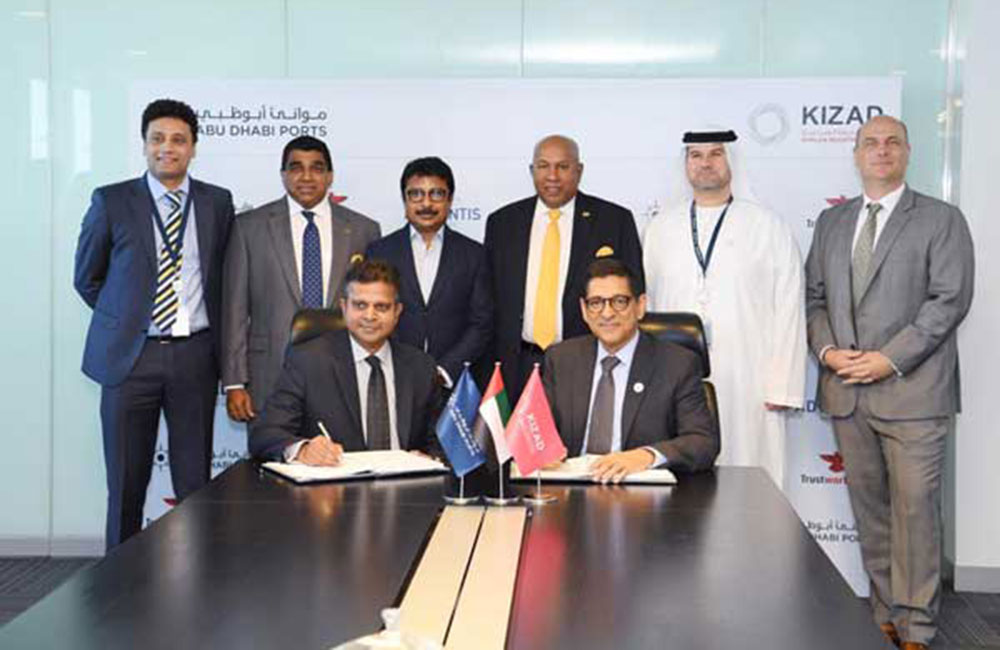
Hayleys set to operate 1.4 mn sq-ft facility in Abu Dhabi
Dubai-based Trustworthy.ae Group is set to invest Dh365 million (USD 100 million) in Khalifa Industrial Zone Abu Dhabi (Kizad), to develop an inland container depot (ICD), a third-party container freight station (CSF) and other port-related services over the next five years with Hayleys Advantis Limited, the transport and logistics arm of Sri Lanka’s Hayleys Group, signing on to operate the facility.
Kizad is one of the largest industrial zones in the Middle East and a subsidiary of Abu Dhabi Ports.
Construction on the container freight station and inland container depot, which will be developed on a 1.4 million sq ft land plot, will commence in January 2019 and is set to become operational by June 2019.
“As the leading logistics solutions provider in Sri Lanka, Hayleys Advantis Limited is happy to enter into this landmark partnership with Trustworthy.ae Group, stepping into the Middle East market after having already established its presence in over ten countries," Hayleys PLC chairman Mohan Pandithage said
“It gives us great pride to represent and work with many of the large shipping and freight companies in the world and we look forward to a fruitful partnership with Trustworthy.ae Group to build a world-class operation in Kizad using our diverse and in-depth expertise,” he added.
Hayleys is the first Sri Lankan-listed company to cross USD 1 billion in turnover in fiscal year 2017/18.
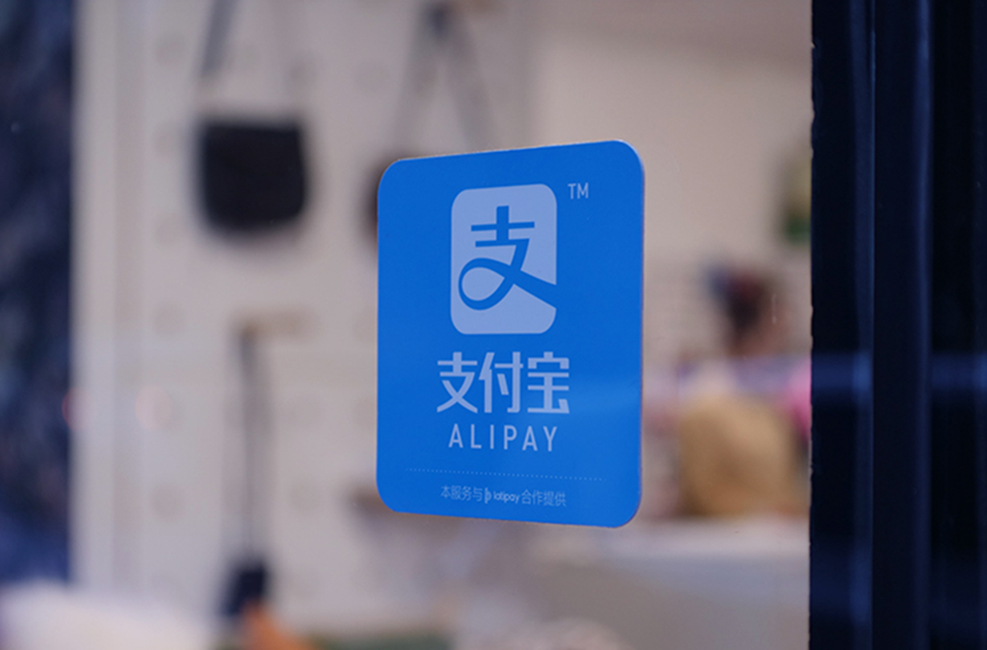
Alipay to commence payment services for Chinese tourists in Sri Lanka
Sri Lanka's telecom operator Dialog Axiata has announced cooperation with Alipay to provide mobile payment services for Chinese tourists in Sri Lanka. The joint statement released said that Alipay will access the payment system of merchants to meet the needs of Chinese tourists in Sri Lanka. Alipay intends to expand its overseas business by providing payment services to Chinese tourists via the offline outlets of Dialog Axiata.
According to Sri Lanka's national tourism promotion bureau, the number of Chinese tourists to Sri Lankan have increased by 4.9% year-on-year in August 2018, reaching 200,000. The total number of visitors received in the first eight months of 2018 reached 1.58 million, a year-on-year increase of 12.5%. Chinese tourists rank second in the number of tourists from all over the world.
In view of Cherry Huang, general manager of Alipay's South Asia and Southeast Asia cross border business, cooperation with Dialog will help Sri Lanka's local businesses access Alipay mobile payment system and create opportunities for local businesspersons.
Dialog Axiata chairman Supun Weerasinghe, regarding the cooperation, has said that Dialog Axiata has 20,000 retailers in Sri Lanka, and Alipay cooperation will provide mobile payment services for their businesses, eliminating the worries of tourists exchanging currencies.
Page 19 of 29